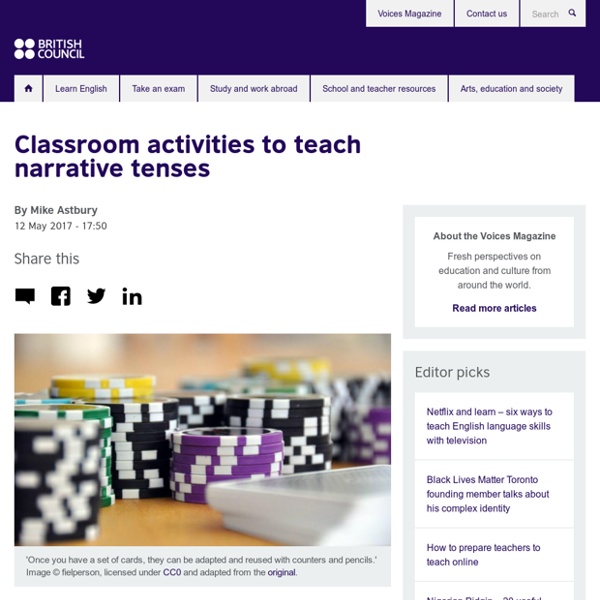36 Chinese Habits: Help You Know More About Chinese People - Let's Chinese
China is a brand-new world for a foreigner, especially for those from western countries. I’m sure lots of people are very curious about the real Chinese lifestyle. Today I’m going to present to you the most common 36 Chinese habits to help know more about Chinese people.
Simple present tense
The simple present tense is one of several forms of present tense in English. It is used to describe habits, unchanging situations, general truths, and fixed arrangements. The simple present tense is simple to form. Just use the base form of the verb: (I take, you take, we take, they take) The 3rd person singular takes an -s at the end. (he takes, she takes)
It’s a time thing: Activities for practicing the past perfect – English Endeavors
“It’s the past of the past,” I often say when explaining the past perfect to intermediate learners. However, this can sound odd, as if we were wandering someplace long ago and far away. While it is true that the past perfect is very past-oriented, much of the time, we do not need it. For example, we are not likely to say, “I had gone to the gym. Then I met Gemini for coffee.”
About the EU
An official website of the European UnionAn official EU websiteHow do you know? All official European Union website addresses are in the europa.eu domain. See all EU institutions and bodies Cookies This site uses cookies to offer you a better browsing experience. Find out more on how we use cookies and how you can change your settings.
Gerunds and Infinitives: rules, exercises and quizzes
What is the difference between gerunds and infinitives? When should you use each? Let's start from the beginning. Click Here for Step-by-Step Rules, Stories and Exercises to Practice All English Tenses
Present perfect practice
Here’s a quick instructional video for a very adaptable classroom game: I’ve written about this game in a previous post, with an example using conditionals, so for a full written version of the instructions you can [click here] The game works well because everything the students produce is personalised. Early in the term, if they don’t know each other very well, it’s great as a get to know you where students can share their experiences. Alternatively, if the students have been in the same class for a while, it’s even better. They’re really able to trick each other and write convincing sentences from their classmates’ perspective.
Ireland timeline
A chronology of key events: 1914 - Outbreak of World War I delays implementation of new home rule legislation which would have restored the Dublin parliament following centuries of unrest over British dominion in Ireland. 1916 - Nationalists stage Easter Rising, seizing the General Post Office in Dublin and proclaiming an independent Irish republic. The rising is crushed by the British who execute its leaders, including all seven signatories of the declaration of the republic. Irish public opinion is outraged.
Low-preparation games to practise present simple questions in English
Cristina Cabal, winner of the British Council's TeachingEnglish blog award, has collected her favourite games for practising the tense that isn't always as simple as its name. One of the first things people learn when they study English is the present simple form of verbs. However, learners often forget to add the -s ending to the third person singular: Eva walk to work every day
Five tips for using authentic video in the classroom
How can teachers use video content that isn't designed especially for language learners? English language teaching materials writer and developer Lewis Lansford explains. These days, learners have easy access to English language input, that is, authentic language in use, such as online videos, social media, and podcasts. Most teachers appreciate that using authentic materials – anything produced for a purpose other than teaching English – can capture and hold learners' attention, and motivate them to improve. But they also know that unfiltered, ungraded content can be hard to understand. Speakers often speak quickly, and use grammar and vocabulary that learners haven’t yet mastered.



